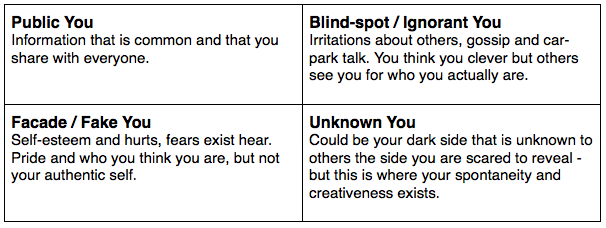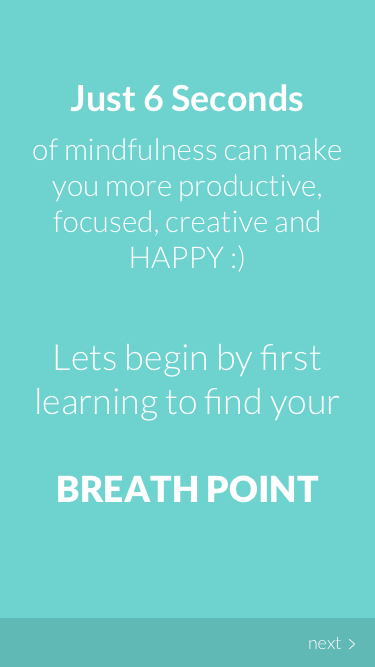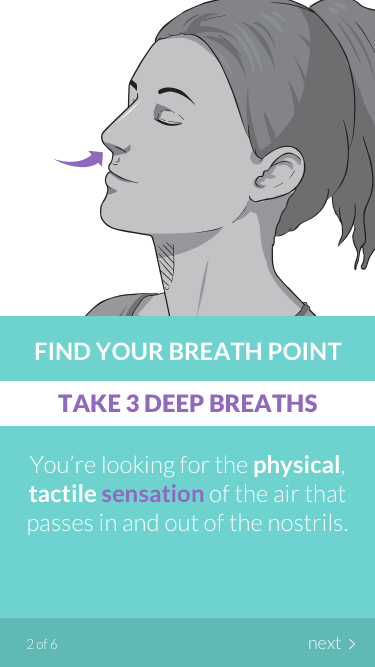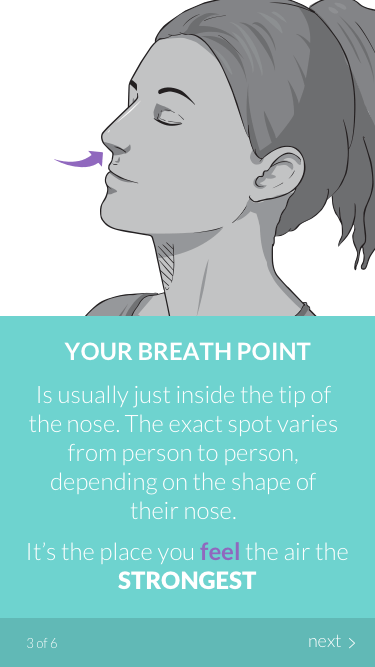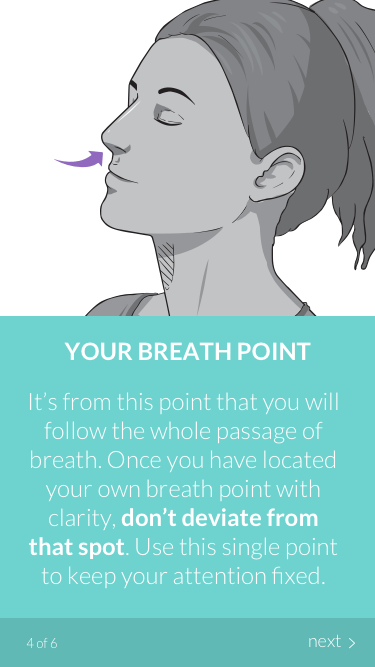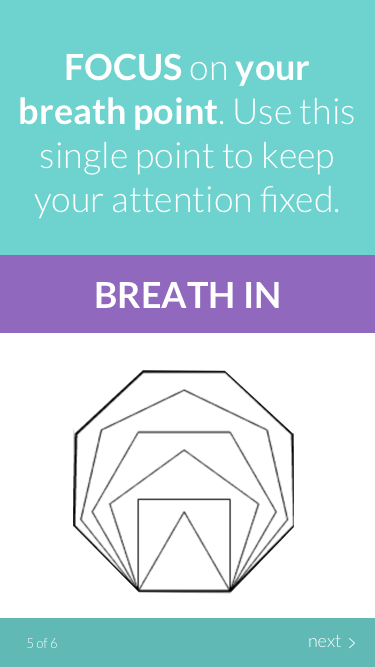Decades of research now point to lack emotional intelligence as being the critical factor that sets star performers apart from the rest of the pack. Learn the signs that you lack emotional intelligence.
This was a good read thought I should share. This is why the Just Being Emotional Intelligence Course is so valuable. You can follow the original article here.
When emotional intelligence (EQ) first appeared to the masses, it served as the missing link in a peculiar finding: people with average IQs outperform those with the highest IQs 70 percent of the time. This anomaly threw a massive wrench into the broadly held assumption that IQ was the sole source of success.
Decades of research now point to emotional intelligence as being the critical factor that sets star performers apart from the rest of the pack. The connection is so strong that 90 percent of top performers have high emotional intelligence.
Emotional intelligence is the “something” in each of us that is a bit intangible. It affects how we manage behavior, navigate social complexities, and make personal decisions to achieve positive results.
Despite the significance of EQ, its intangible nature makes it very difficult to know how much you have and what you can do to improve if you’re lacking. You can always take a scientifically validated test, such as the one that comes with the Emotional Intelligence 2.0 book.
Unfortunately, quality (scientifically valid) EQ tests aren’t free. So, I’ve analyzed the data from the million-plus people TalentSmart has tested in order to identify the behaviors that are the hallmarks of a low EQ. These are the behaviors that you want to eliminate from your repertoire.
1. You get stressed easily. When you stuff your feelings, they quickly build into the uncomfortable sensations of tension, stress and anxiety. Unaddressed emotions strain the mind and body. Your emotional intelligence skills help make stress more manageable by enabling you to spot and tackle tough situations before things escalate. People who fail to use their emotional intelligence skills are more likely to turn to other, less effective means of managing their mood. They are twice as likely to experience anxiety, depression, substance abuse and even thoughts of suicide.
2. You have difficulty asserting yourself. People with high EQs balance good manners, empathy and kindness with the ability to assert themselves and establish boundaries. This tactful combination is ideal for handling conflict. When most people are crossed, they default to passive or aggressive behavior. Emotionally intelligent people remain balanced and assertive by steering themselves away from unfiltered emotional reactions. This enables them to neutralize difficult and toxic people without creating enemies.
3. You have a limited emotional vocabulary. All people experience emotions, but it is a select few who can accurately identify them as they occur. Our research shows that only 36 percent of people can do this, which is problematic because unlabeled emotions often go misunderstood, which leads to irrational choices and counterproductive actions. People with high EQs master their emotions because they understand them, and they use an extensive vocabulary of feelings to do so. While many people might describe themselves as simply feeling “bad,” emotionally intelligent people can pinpoint whether they feel “irritable,” “frustrated,” “downtrodden” or “anxious.” The more specific your word choice, the better insight you have into exactly how you are feeling, what caused it and what you should do about it.
4. You make assumptions quickly and defend them vehemently. People who lack EQ form an opinion quickly and then succumb to confirmation bias, meaning they gather evidence that supports their opinion and ignore any evidence to the contrary. More often than not, they argue, ad nauseam, to support it. This is especially dangerous for leaders, as their under-thought-out ideas become the entire team’s strategy. Emotionally intelligent people let their thoughts marinate, because they know that initial reactions are driven by emotions. They give their thoughts time to develop and consider the possible consequences and counter-arguments. Then, they communicate their developed idea in the most effective way possible, taking into account the needs and opinions of their audience.
5. You hold grudges. The negative emotions that come with holding on to a grudge are actually a stress response. Just thinking about the event sends your body into fight-or-flight mode, a survival mechanism that forces you to stand up and fight or run for the hills when faced with a threat. When a threat is imminent, this reaction is essential to your survival, but when a threat is ancient history, holding on to that stress wreaks havoc on your body and can have devastating health consequences over time. In fact, researchers at Emory University have shown that holding on to stress contributes to high blood pressure and heart disease. Holding on to a grudge means you’re holding on to stress, and emotionally intelligent people know to avoid this at all costs. Letting go of a grudge not only makes you feel better now but can also improve your health.
6. You don’t let go of mistakes. Emotionally intelligent people distance themselves from their mistakes, but they do so without forgetting them. By keeping their mistakes at a safe distance, yet still handy enough to refer to, they are able to adapt and adjust for future success. It takes refined self-awareness to walk this tightrope between dwelling and remembering. Dwelling too long on your mistakes makes you anxious and gun shy, while forgetting about them completely makes you bound to repeat them. The key to balance lies in your ability to transform failures into nuggets of improvement. This creates the tendency to get right back up every time you fall down.
7. You often feel misunderstood. When you lack emotional intelligence, it’s hard to understand how you come across to others. You feel misunderstood because you don’t deliver your message in a way that people can understand. Even with practice, emotionally intelligent people know that they don’t communicate every idea perfectly. They catch on when people don’t understand what they are saying, adjust their approach and re-communicate their idea in a way that can be understood.
8. You don’t know your triggers. Everyone has triggers – situations and people that push their buttons and cause them to act impulsively. Emotionally intelligent people study their triggers and use this knowledge to sidestep situations and people before they get the best of them. 9. You don’t get angry. Emotional intelligence is not about being nice; it’s about managing your emotions to achieve the best possible outcomes. Sometimes this means showing people that you’re upset, sad or frustrated. Constantly masking your emotions with happiness and positivity isn’t genuine or productive. Emotionally intelligent people employ negative and positive emotions intentionally in the appropriate situations.
10. You blame other people for how they make you feel. Emotions come from within. It’s tempting to attribute how you feel to the actions of others, but you must take responsibility for your emotions. No one can make you feel anything that you don’t want to. Thinking otherwise only holds you back.
11. You’re easily offended. If you have a firm grasp of who you are, it’s difficult for someone to say or do something that gets your goat. Emotionally intelligent people are self-confident and open-minded, which create a pretty thick skin. You may even poke fun at yourself or let other people make jokes about you because you are able to mentally draw the line between humor and degradation.
Bringing It All Together Unlike your IQ, your EQ is highly malleable. As you train your brain by repeatedly practicing new emotionally intelligent behaviors, it builds the pathways needed to make them into habits. As your brain reinforces the use of these new behaviors, the connections supporting old, destructive behaviors die off. Before long, you begin responding to your surroundings with emotional intelligence without even having to think about it.
I was fortunate enough to have started Tai Chi a moving meditation at a very early age. Practising Tai Chi for over 25 years has allowed me to build a solid foundation to support the most important aspect of EQ development, which is attention training.
If you are interested in supporting yourself or helping the teams you manage, the links below can help you learn more about EQ training.
- What is EQ?
- Emotional Intelligence Training Course
- Learn to meditate with the Just6 App
- Meditation and the Science
- 7 reasons that emotional intelligence is quickly becoming one of the top sought job skills
- The secret to a high salary Emotional intelligence
- How to bring mindfulness into your employee wellness program
- Google ’Search Inside Yourself’


